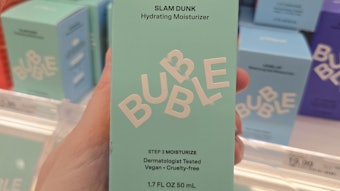The United States Patent and Trademark Office defines “infringement of patents” as the “unauthorized making, using, offering for sale or selling any patented invention within the United States or United States Territories, or importing into the United States of any patented invention during the term of the patent.”
What can you do if you believe someone is infringing on a patent you own or are licensing? You can sue the offender in Federal court, where you can ask for an injunction to stop the infringement as well as an award for damages. Damages available for patent infringement include lost profi ts, reasonable royalties, punitive additions and interest assessments.
What if you are sued by a patent owner for selling a product covered in the claims of the owner’s patent? In this situation you can defend yourself by claiming that the patent is invalid or that your product is not infringing.
Patent infringement and the litigation of it is a complex legal fi eld that requires advice from specialized attorneys. This discussion is not meant to give legal advice. Rather, it is aimed at discussing the issues involved in this far-downstream part of the technology transfer process.
Tests for infringement: Simplistically, there are two types of infringement: “literal” and “literal under the doctrine of equivalents.” In literal infringement, the accused product or process includes every component or element of the patent owner’s “claim,” which is the part of the patent that defi nes the scope of the protection that the patent gives.









